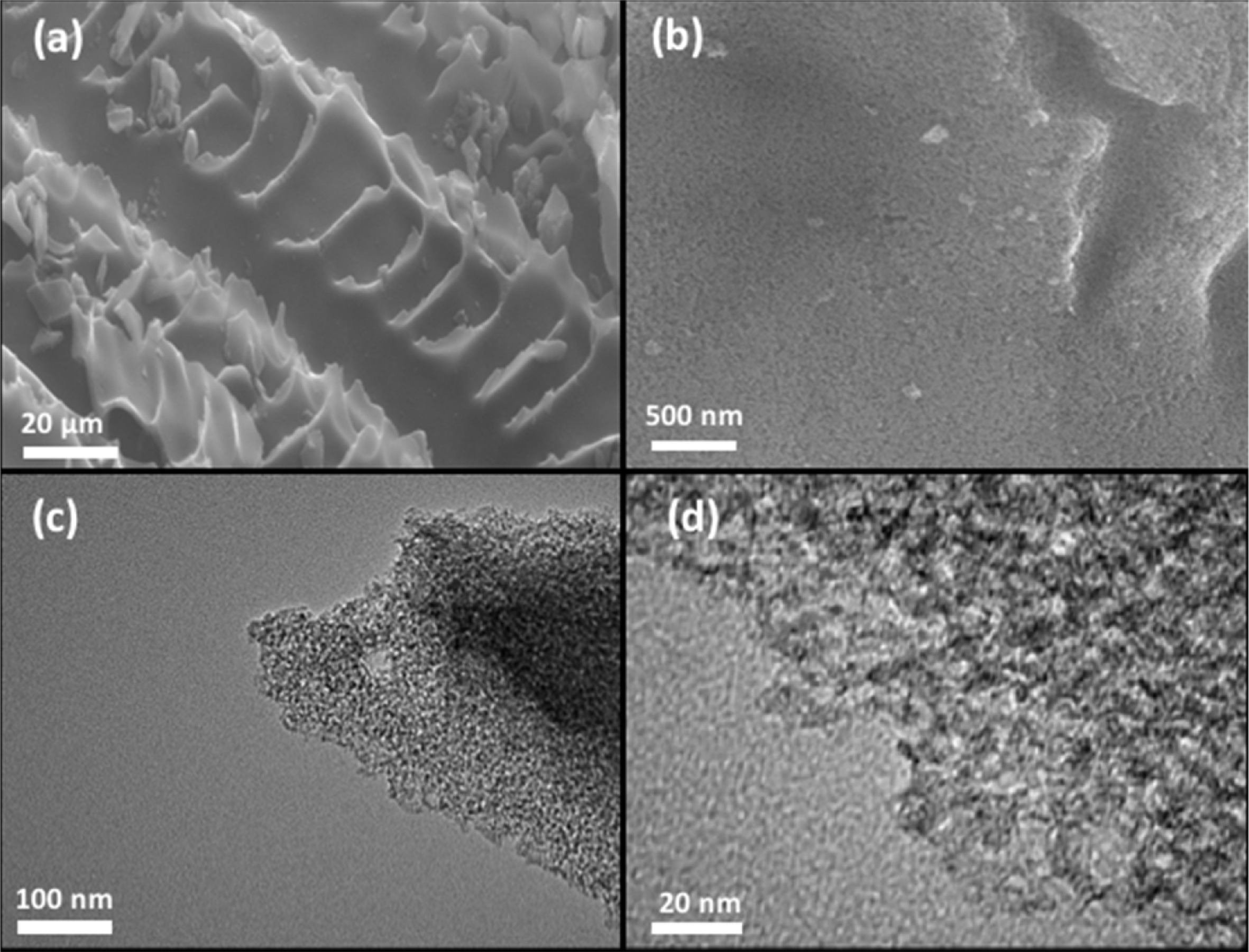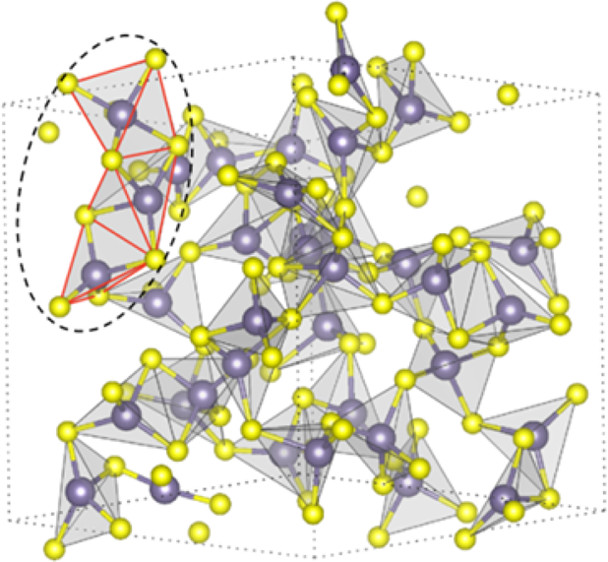OverviewSustainability is a core area of our research and hereby our faculty, researchers, and students, spanning multiple disciplines, are tackling challenges in the areas of energy conversion and storage technologies, water desalination, and computational materials. Our contribution will be essential to addressing global challenges, curbing greenhouse gas emissions, and preserving and protecting our environment. |  |
Materials for Water and EnvironmentThis area of research focuses on engineering materials to improve their functionality for various energy and water applications. Today, we are facing surging and substantial demand for energy and water resources that require highly efficient and cost-effective engineered materials. The main emphasis of the research is the development of highly-efficient membranes for the desalination of produced water, porous functionalized membranes for desalination and water treatment (i.e. membrane distillation, capacitive deionization), and non-precious electro-catalysts for renewable energy and CO2 conversion. Another area of interest is polymer-based membranes for water desalination as well as surface modifications and characterization. | -pva-membranes-and-pva.jpg?sfvrsn=5cc897b8_1) |
Materials for Energy Storage and ConversionThis discipline focuses on using advancements in synthesis techniques to create inorganic materials and composites at the nanoscopic level with unique electrochemical characteristics. These materials have a wide variety of applications in energy storage and conversion technologies and environmental applications. |  |
Computational Materials ScienceOur research group is employing computational methods to characterize the properties of engineering materials using the atomistic simulation technique. Such simulations cover the entire spectrum of time and length scales and include methods such as first principles simulations (DFT) for the electron scale, Molecular dynamics (MD) and Monte-Carlo for the molecular scale, phase field modeling at the mesoscale, and up to finite element for macroscale modeling.
|  |
3D Printing for Biomedical and Optical ApplicationsThe research group is actively engaged in advancing the field of 3D/4D printing and bio-printing of polymer composites, with a primary focus on their applications in the biomedical and sensing domains. Specifically, the current research is centered on the innovative realm of 4D printing, accomplished through extrusion and vat-photopolymerization 3D printing technologies. Color blindness, affecting many, lacks a cure. Patients turn to wearable solutions like color-filtering glasses. The team successfully 3D-printed contact lenses and glasses for managing color blindness, using a specialized resin and filtering dyes, these lenses excel over traditional methods with easy manufacturing and precision. Leveraging two dyes, they block 80–90% of problematic wavelengths. Leak-free and rigorously tested, these lenses significantly enhance color perception for colorblind individuals. Characterized through various methods, they show promise in aiding color recognition. This innovation offers hope, with real improvements observed in patients undergoing Ishihara tests, marking a significant stride in color blindness management. |  |